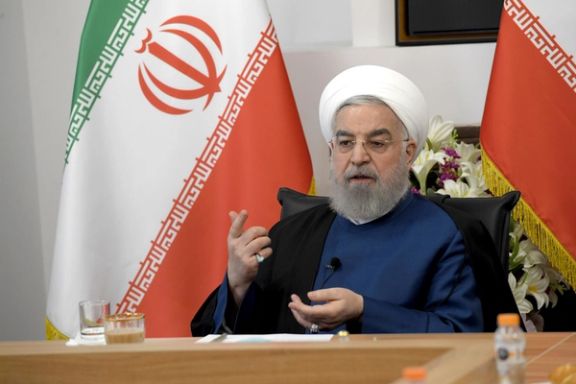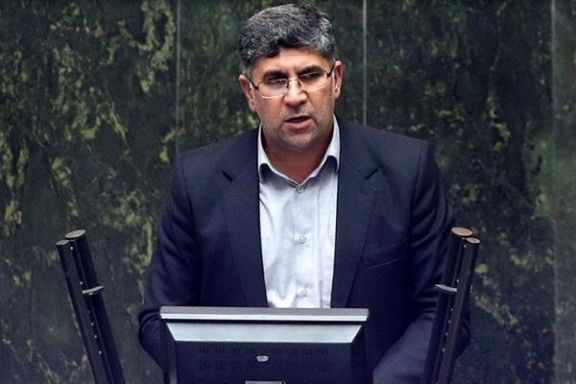Former President Raises Alarm Over Emigration Of Iranian Elites

Iran’s former President Hassan Rouhani has criticized the harsh treatment of the elite, alleging that some officials are pleased that they are leaving the country.

Iran’s former President Hassan Rouhani has criticized the harsh treatment of the elite, alleging that some officials are pleased that they are leaving the country.
“I went to the United States in 2014 where I delivered a speech to [expat] Iranians. All of them longed to return home,” he said in a speech to his former aides and ministers on August 28 a short video of which was only published on Tuesday.
Rouhani added that an expatriate, apparently with high qualifications, who returned after this meeting was arrested at the airport, presumably by security forces taking their orders from places other than his government.
“They shut the door. Sadly, some people are happy that our talented youth are leaving. They say, 'Let them go so that others who support the hardline government can take their place,'" he said.
“We would not be facing this level of emigration if effective action had been taken by the government,” warned Shahriyar Heidari, an independent lawmaker who is deputy chairman of the parliament’s National Security and Foreign Policy Committee of the parliament. He also expressed concern about serious damage to the country’s academic foundations. “Most of the emigrants are gifted and expert individuals,” he added.

Pundits have repeatedly warned about the surge in emigration of academics, entrepreneurs, and professionals, particularly healthcare staff, and the younger elite since hardline President Ebrahim Raisi, took office two years ago.
There is no transparent data on emigration of Iranian elite and professionals, but some lawmakers occasionally provide fragmentary information about the scope of the problem.
Among those who have lost hope in the country’s prospects, particularly the younger generation from all walks of life, emigration appears to be the only option for a better life. A recent poll by the US-based Statis Consulting found that almost half of Iranian youth want to leave the country amid pessimism about their future.
“All around me there are people who are emigrating, essentially escaping, those who never wished or liked to go. I wish you [the Islamic Republic] were gone and all of these people stayed,” an anonymous person wrote said on social media.
Bahram Salavati, the head of Iran Migration Observatory (IMO), warned about "mass migration" and loss of human capital due to what he dubbed "Venezuelization of the Iranian economy" resulting from low “economic stability” and inflation in January 2021. "The desire to migrate once prevalent among the educated and the elite is now rapidly spreading among various social classes, particularly the low-income groups.”
The IMO, a research institute founded during Rouhani's second term as president at Sharif University of Technology, monitors data and produces analyses on emigration, particularly for policymakers. The IMO published the first edition of Iran Migration Outlook, which includes data on Iranian emigrants worldwide, international students, and asylum-related emigrants.
On August 2, while expressing his frustration over the lack of support for their efforts to mitigate the brain drain phenomenon, Salavati said that the observatory's funding had stopped, and they had been ordered to vacate their offices.
An IMO survey in 2022 found that economic and social instability, institutionalized corruption, and the regime's governance methods were responsible for the very high desire to emigrate among medical students, professors, and other healthcare professionals, with the UAE being their top destination.
Countries such as the United States, Canada, Germany, Turkey, Oman, and the United Kingdom are other favorite destinations for Iranians leaving their homeland behind in search of a better life and improved opportunities.
In July 2021, Salavati had told the Hamshahri newspaper that the closure of the gap between a desire to leave and a decision to leave meant "a drop in hope as well as economic and social participation in Iran," as other countries offered various educational, professional, investment, or social attractions.